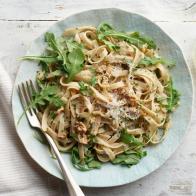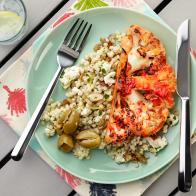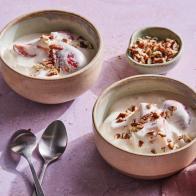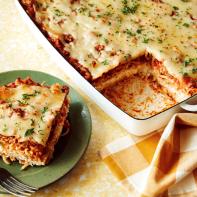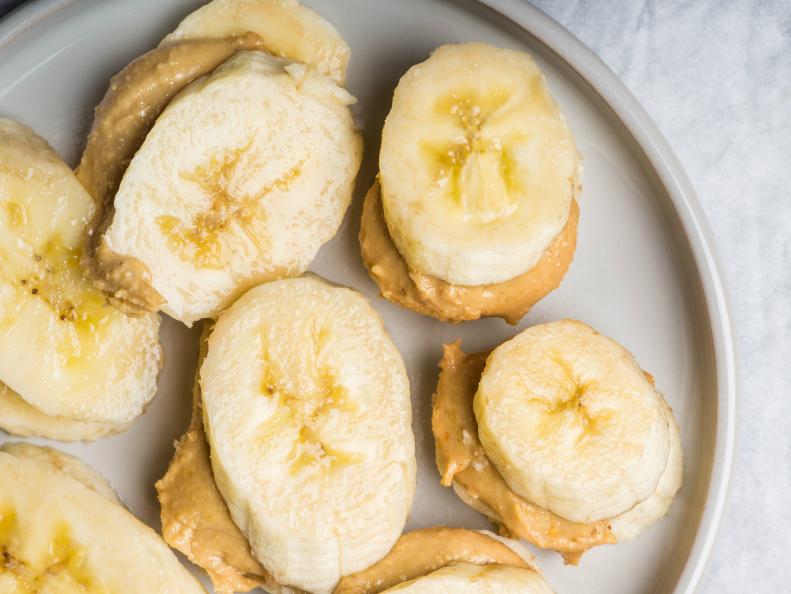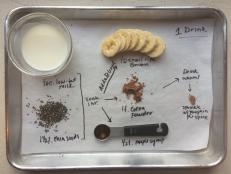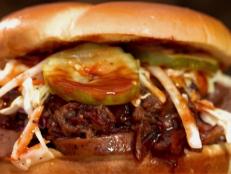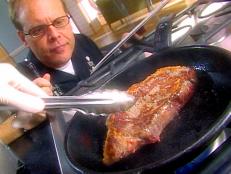1 / 9
Photo: andresr/iStock
Nighttime Do's and Don'ts
Are you always tired? Your food choices and eating habits can have a huge impact on your sleep quality. But there's a lot of misinformation out there. We investigated some of the most-popular myths about bedtime so you can get a better sleep tonight.
